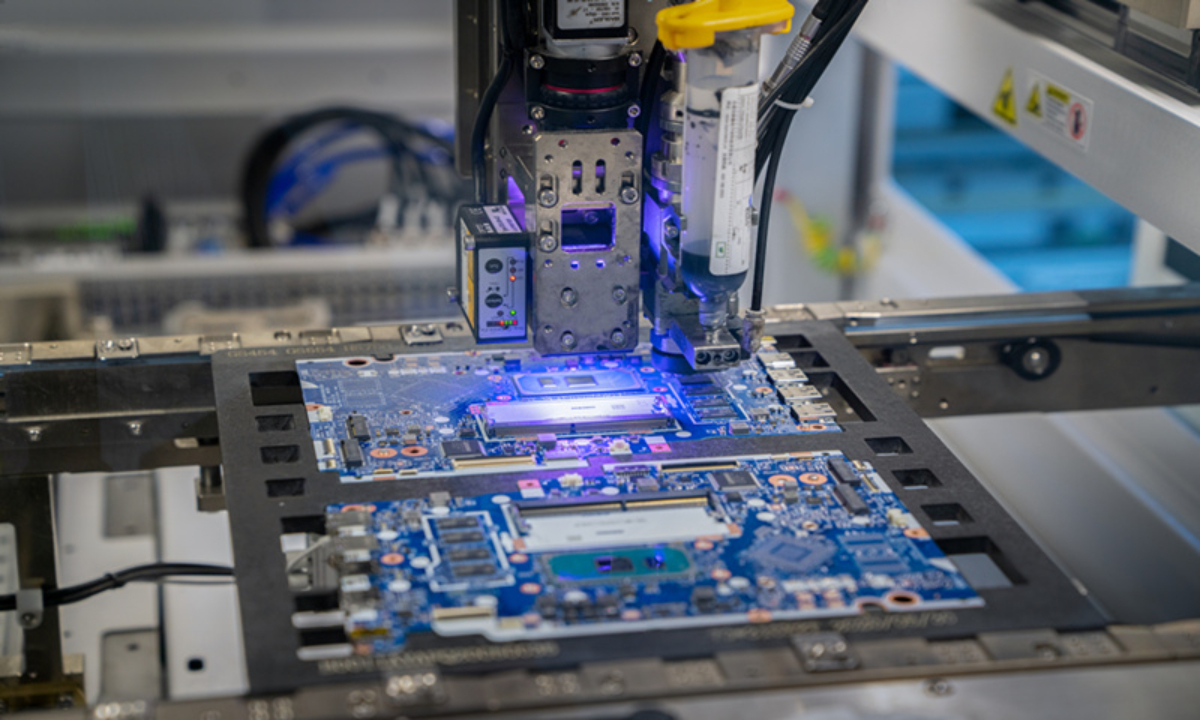Former HiSilicon Staff Face Jail Time in Major Chip Tech Theft Case

Shanghai, China – A landmark case involving the theft of sensitive chip technology from Huawei subsidiary HiSilicon has concluded with significant jail sentences for 14 former employees. The Shanghai court's recent first-instance ruling marks the culmination of a nearly four-year investigation into Zunpai Communications Technology Co.’s infringement of HiSilicon’s trade secrets, sending shockwaves through China’s semiconductor industry.
The case centers around allegations that these former HiSilicon employees, after leaving the company, joined Zunpai Communications and used their intimate knowledge of HiSilicon's proprietary technology to benefit their new employer. This included stealing crucial design documents and intellectual property related to HiSilicon’s chip development, potentially jeopardizing Huawei’s competitive advantage and undermining years of research and development.
While specific details of the sentences handed down to each individual remain somewhat scarce, the court’s verdict clearly demonstrates the severity with which China’s legal system views intellectual property theft, particularly in strategically vital sectors like semiconductors. This case is viewed as a strong deterrent against future corporate espionage and a signal that Beijing is committed to protecting its domestic technology companies.
The Significance for China's Semiconductor Ambitions
The HiSilicon case comes at a critical juncture for China’s semiconductor industry. The nation is striving for self-sufficiency in chip manufacturing, aiming to reduce reliance on foreign technology and bolster its position in the global tech landscape. Theft of intellectual property, like in this instance, directly undermines these efforts and hinders innovation.
The Chinese government has been increasingly vocal about protecting intellectual property rights, implementing stricter laws and enforcement mechanisms. This case serves as a high-profile example of these efforts in action. It's a powerful message to both domestic and international companies operating in China: protecting intellectual property is paramount, and violations will be met with serious consequences.
Implications for Zunpai Communications
Zunpai Communications Technology Co. is also facing significant repercussions as a result of the court’s ruling. The company's future remains uncertain, and it’s likely to face substantial fines and other penalties. The case highlights the risks associated with hiring former employees with sensitive knowledge from competitors and the importance of establishing robust internal controls to prevent intellectual property leakage.
Looking Ahead
This verdict is expected to have a ripple effect throughout China's technology sector, prompting companies to re-evaluate their security protocols and employee agreements. It reinforces the importance of ethical business practices and the protection of intellectual property in a fiercely competitive global market. The case also underscores the challenges and complexities of navigating intellectual property rights in China, especially for foreign entities.
The full legal proceedings and detailed sentencing information are expected to be released in the coming weeks. This case will undoubtedly be studied closely by legal professionals, industry analysts, and policymakers alike, as it sets a precedent for future intellectual property disputes in China’s rapidly evolving tech landscape.





